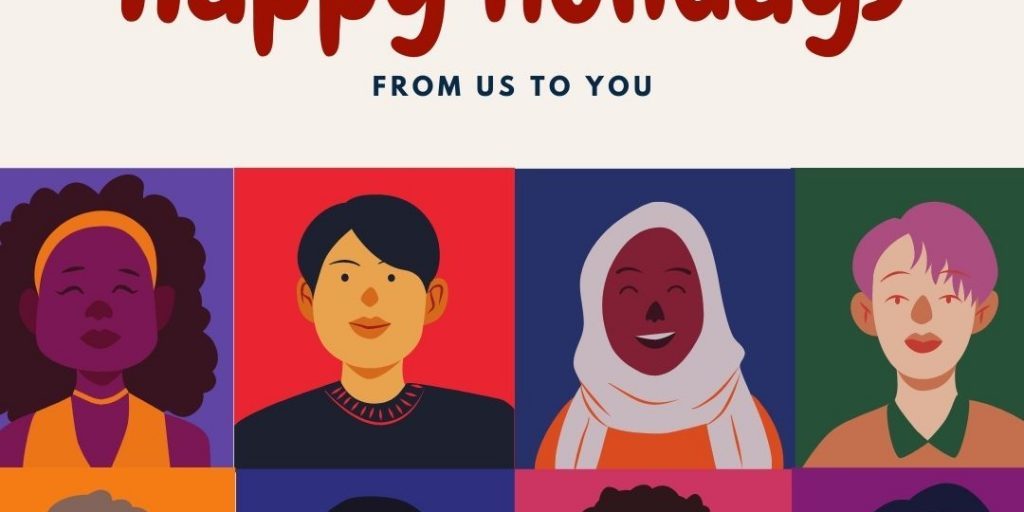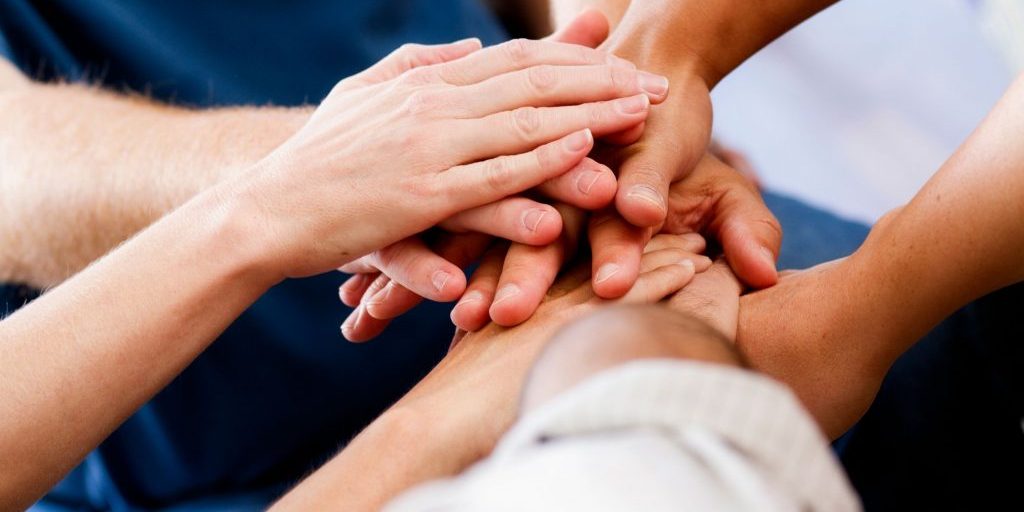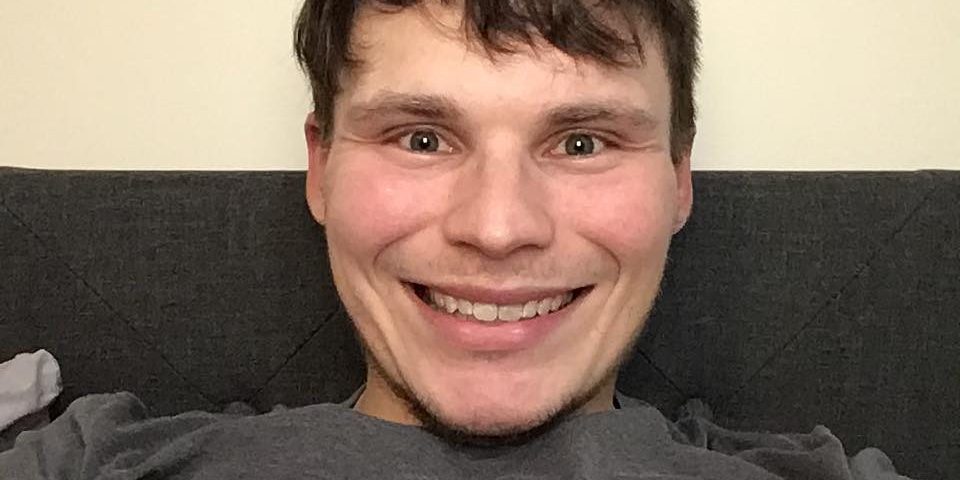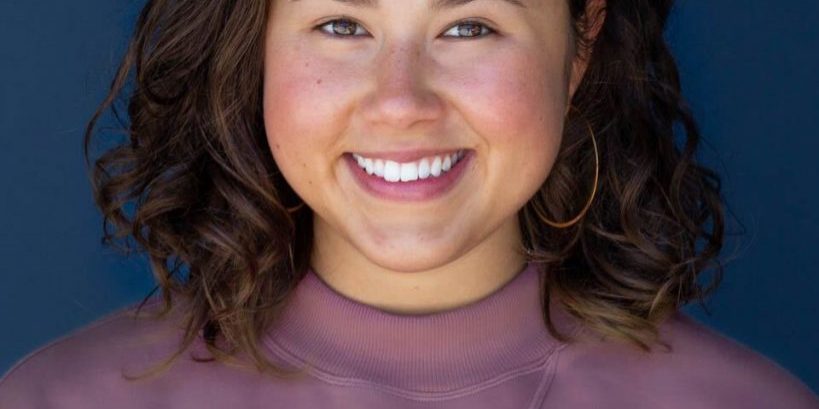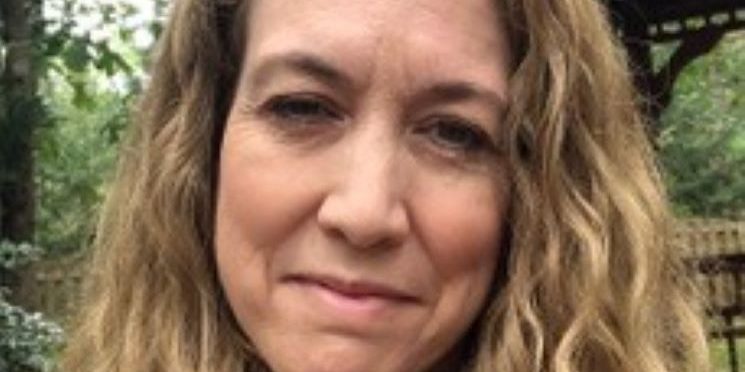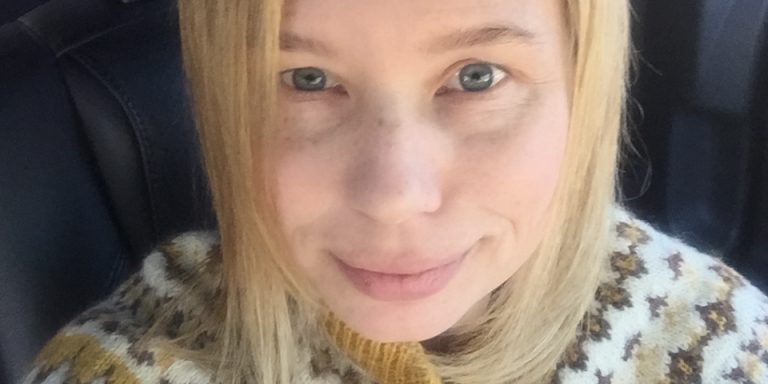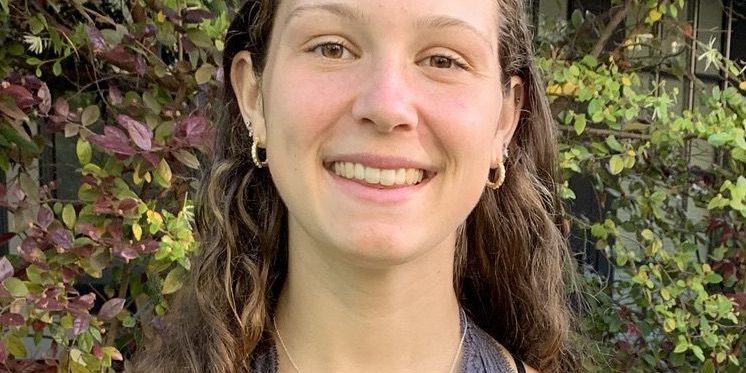Originally published here
by Cynthia Bulik, PhD
The field of eating disorders has a problem. Well, to be honest, more than one problem, but for now I am focusing on the lack of diversity in our workforce. When I attended my first International Conference on Eating Disorders in New York back in the late 80’s, the first plenary I attended was given by four “older” white men in dark suits and Dr. Kathy Halmi (also in a dark suit). I honestly wondered what the hell I was doing there. Now, over 30 years later, even though the 5th of the Academy for Eating Disorders (AED) Nine Truths explicitly states, “Eating disorders affect people of all genders, ages, races, ethnicities, body shapes and weights, sexual orientations, and socioeconomic statuses,” you wouldn’t know it by looking around the room (or Zoom) at one of our conferences.
To be fair, I need to acknowledge that many of those older men in dark suits were my intellectual mentors and role models. They dedicated their lives to understanding and treating eating disorders and they paved the way to legitimize the science that I pursue on a daily basis. It seems like every year, one fewer of these icons attends our conferences as they gradually step back from their life’s work, handing the responsibility of advancing the science of eating disorders to the next generation. I confess, I miss them.
The field has indeed evolved. We have many more senior women. We have become more international thanks to the jump start provided by Pat Fallon who did everything in her power to integrate the global eating disorders community. We have since had AED presidents from the Netherlands, Mexico, Canada, Germany, Austria, Australia, and the United Kingdom. It’s a start. But a slow one.
How can we possibly understand and treat people of all shapes and sizes, ancestries, orientations, and backgrounds if we as a field do not represent all of those domains ourselves? If we don’t acknowledge the problem? If we don’t talk about the problem? If we don’t do something about the problem? I just finished reading Charlynn Small and Mazella Fuller’s Treating Black Women with Eating Disorders and learned so much, one again proving that what I don’t know about eating disorders could fill libraries.
We have to address our diversity problem from the very beginning of the pipeline—in college, in high school, in middle schools—by engaging eager budding scientists and clinicians from all backgrounds; by addressing stigma and legitimizing mental health care across all ancestries; by valuing the work that we do and not allowing others to judge it as “less than” other areas of healthcare or medicine. It angers me to have to write that last phrase, but once someone asked me why I didn’t put my talents toward studying something important like cancer. At first I wavered, but then I responded educating the person about how deadly and life-interrupting eating disorders can be. Yet, the misperception persists.
UNC CEED is taking a small step toward addressing our diversity crisis this year. We will award two summer research fellowships to individuals who have demonstrated strong academic potential and are either 1) first-generation college students from low-income backgrounds, 2) DACA, or 3) from an underrepresented racial/ethnic minority background (e.g., Black/African-American, Hispanic/Latino, American Indian/Alaskan Native, Asian American, Native Hawaiian or Pacific Islander). For more information about the summer research fellowship, please click this link.
Please circulate this information widely and do what you can to ensure that our workforce truly represents the broad impact that eating disorders have in our world.
UPDATE: Applications for the summer 2021 CEED research fellowships are now closed.


